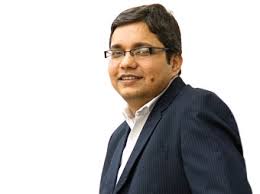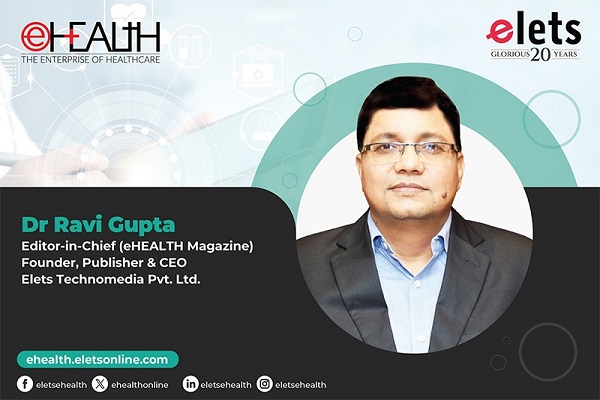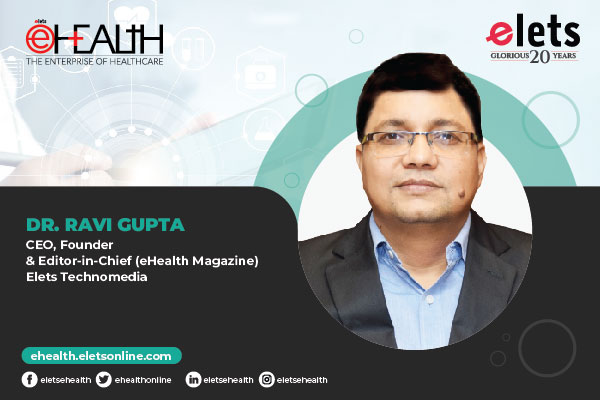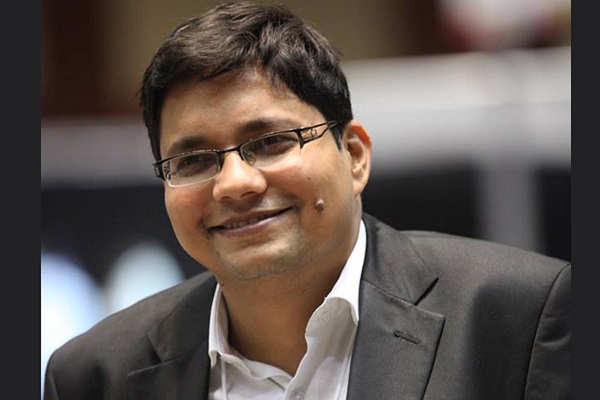
 It is a globally well-researched fact that unless a country spends a minimum of5-6 per cent of its GDP on health and the major part of it is from government expenditure, basic healthcare needs are seldom met. Indias public expenditure on health averages 1 per cent of gross domestic product (GDP), while the global norm ranges around 4-5 per cent. This is the lowest when compared to Chinas3 per cent, Brazils 4.1 per cent and 8.3 per cent of the US. The country urgently needs to raise public health spending to at least 2.5 per cent of GDP if the NDA governments promise of universal health coverage is to be fulfilled. The budgetary allocation for healthcare in 2015-16 is Rs 33,152 crore, marginally over Rs 30,645crore for 2014-15 with an increase of GDP spend from 1.2 per cent to two per cent.
It is a globally well-researched fact that unless a country spends a minimum of5-6 per cent of its GDP on health and the major part of it is from government expenditure, basic healthcare needs are seldom met. Indias public expenditure on health averages 1 per cent of gross domestic product (GDP), while the global norm ranges around 4-5 per cent. This is the lowest when compared to Chinas3 per cent, Brazils 4.1 per cent and 8.3 per cent of the US. The country urgently needs to raise public health spending to at least 2.5 per cent of GDP if the NDA governments promise of universal health coverage is to be fulfilled. The budgetary allocation for healthcare in 2015-16 is Rs 33,152 crore, marginally over Rs 30,645crore for 2014-15 with an increase of GDP spend from 1.2 per cent to two per cent.
While Prime Minister Modi aims to use the Make in India and Digital India campaigns to make healthcare reach to the poorest of the poor in the country and also mobilising preventive health care under Swach Bharat Abhiyan for building awareness, progress of the programme for healthcare for all has had a halted growth. The government went back on its pre-election promise owing to more budgetary allocations being made for the infrastructure sector leaving less funding available for social sectors to boost economic growth. With a limited financial bandwidth available with the government, the deficit in the public health spending can be bridged by attracting investments from the local and the global players that see India as an attractive market.

According to a data released by the Department of Industrial Policy and Promotion (DIPP), the hospital and diagnostic centres attracted foreign direct investment (FDI) worth $2,793.72 million between April 2000 and January 2015. While opportunities exist to attract further investment, there is also a dire need to improve the abysmal ranking India has in the ease of doing business in the country. The government would need to undertake reforms to help place the country on an equal footing amongst countries having favourable, flexible, liberalised and a transparent business environment. There is an urgent need to increase spend on healthcare by the government, closing the existing infrastructure gaps and addressing issues related to workforce scarcity and resource utilisation. All these will require the government and the private sector to collaborate closely in an inclusive and transparent manner.
There is also a pressing need to encourage entrepreneurship in the healthcare sector that can open up further investment opportunities. Beginning this edition, we try and profile some promising and interesting health start-ups that indicate the sea of opportunities that exist and that can further be encouraged.
eHealth has also launched a campaign in a bid to understand the challenges in building new hospitals in the country (see story in the issue), inviting participation from across various platforms in the healthcare sector.

Doing our bid to help the sector, we will be organising Healthcare Summit Rajasthan in the coming month, highlighting the key initiatives of the state to improve and aid the healthcare sector in the state through the various dynamic initiatives taken by the state government. The summit will provide a platform for the healthcare ecosystem to converge and discuss the challenges, strategic solutions,innovations and opportunities for the state of Rajasthan.
The journey towards healthcare for all has, well, just begun.
Stay healthy and stay connected…
Dr Ravi Gupta
ravi.gupta@elets.in
Be a part of Elets Collaborative Initiatives. Join Us for Upcoming Events and explore business opportunities. Like us on Facebook , connect with us on LinkedIn and follow us on Twitter , Instagram.








